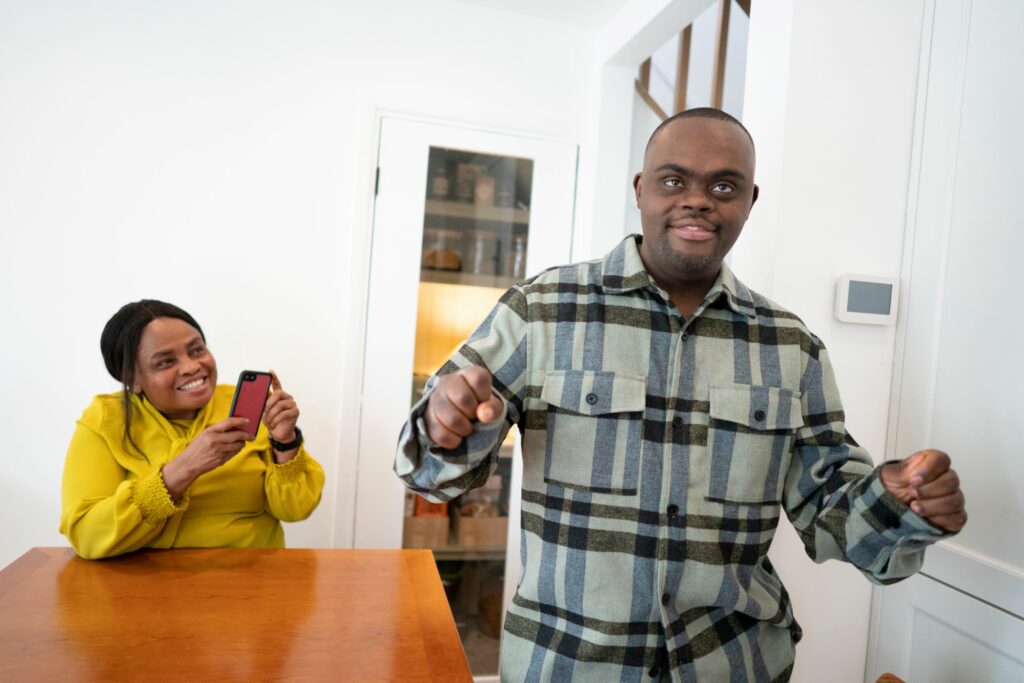Recently we advised the sister of a disabled person who lived his entire life with his mother. His mother has now passed away, raising all kinds of issues about how the disabled son will be taken care of. The issues include where he will live, because he is not able to live on his own; and how will he afford to live because his income is less than $1,000 per month, and his mother’s income is gone. Further, the sister is the only close family member, and she now is facing the fact that she bears the burden of figuring out what to do. We typically assist clients in this situation at least a couple of times a year, and it is difficult.
Parents of disabled or mentally ill children have unique challenges when planning for the possibility of their incapacity and the eventuality of their death. We help parents navigate this difficult planning process. These are some of the questions we ask to get to the bottom of what kinds of plans need to be made.
- Does your child need a guardian? If the child is not capable of making safe decisions about their daily life such as where they live and what medical treatments to seek out, you should petition for guardianship when your child is 18 years old. If parents have not established guardianship for an incapacitated child, problems invariably arise after the death of the parents, often leaving the child’s siblings with the burden of going to court to seek guardianship. Filing for guardianship in Virginia requires the assistance of an attorney through a process in the Circuit Court.
- Is your child entitled to government benefits? If your child is disabled under the Social Security Administration rules, they may be eligible for Supplemental Security Income, which provides income for disabled persons who meet certain financial requirements. If your child is entitled to SSI or certain Medicaid coverages, you will need to make sure you do not leave your child with an inheritance that will disqualify the child from receiving their benefits. This is typically done by using a Special Needs Trust. One of the biggest mistakes we see is a parents’ failure to plan for a disabled child’s inheritance. This failure to plan leads to family scrambling after a parent’s death and often requires the intervention of the Circuit Court in Virginia to protect the child’s inheritance.
- Who is the proper person to manage the child’s assets when you are gone? Picking the right trustee is often one of the most difficult decisions you make. Sometimes parents don’t want to burden their other children with this job. There are corporate trustees in Virginia which exist just to manage the funds of disabled persons, and they know how to do it in a way that does not mess up the child’s eligibility for benefits. Further, if your child has assets of their own (including an inheritance from you that has not been placed in trust), they will likely need a conservator. In Virginia, having a conservator appointed requires an attorney to help you file a petition in the Circuit Court.
- Where will you child live when you pass away? If your child lives with you, making a plan for what happens when you pass will make an easier transition for your child possible. Investigating alternate living arrangements and discussing this matter with your other children is crucial to avoiding a crisis when you pass away.
Planning ahead is crucial to prepare your disabled child and your other children for that time when you are no longer there to provide a guiding hand.




